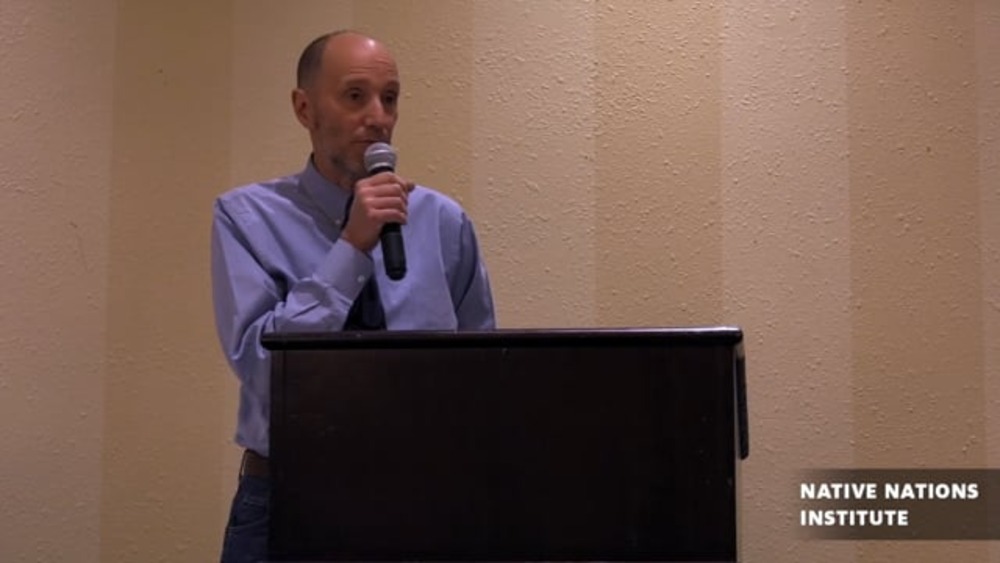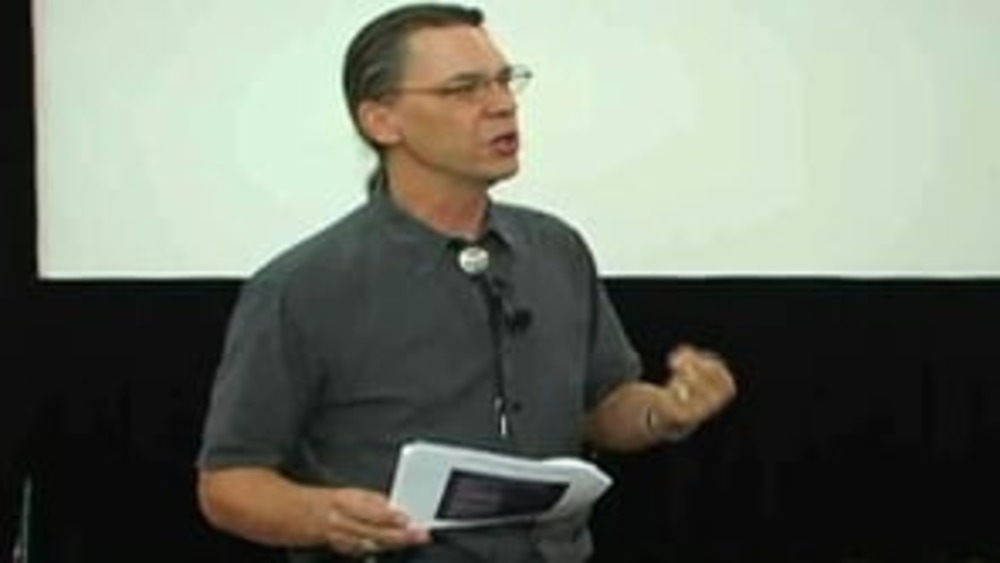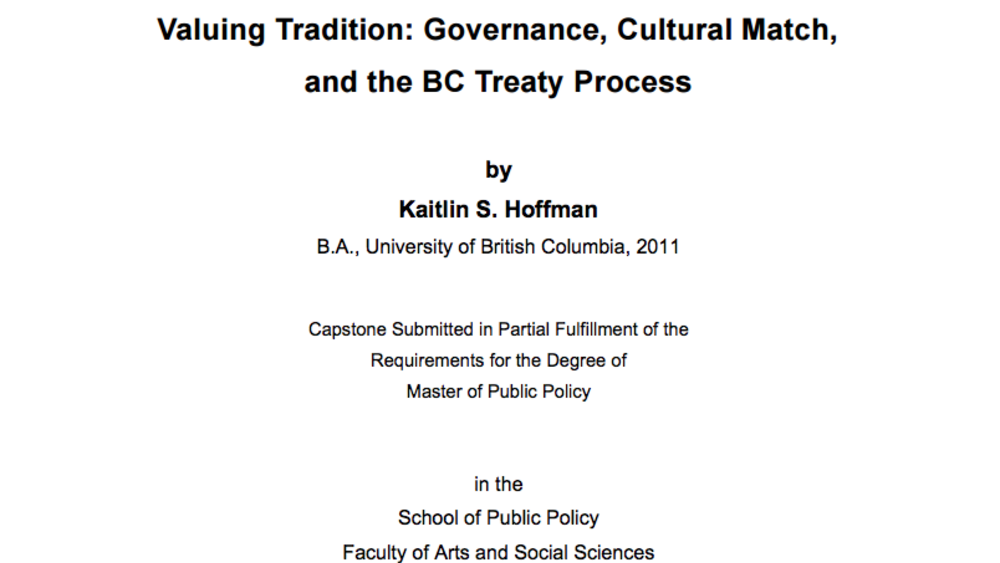A panel discussion with Native leaders in Alaska about the significance of tradition and culture that has influenced their Indigenous governance.
Additional Information
Native Nations Institute. "Roundtable: Traditional and Modern Governance and Decision Making in Alaska." Alaska Tribal Government Symposium. Fairbanks, Alaska. November 15, 2016
Transcript
Transcript available upon request. Please email: nni@email.arizona.edu



